Emmen nurtures a rich coffee culture that began with peat cutters and has grown into trendy bars serving single‑origin espresso, social branding and circular innovations. Local blends, events and Fairtrade initiatives make the city attractive to coffee lovers and entrepreneurs, and investors see growth potential here.
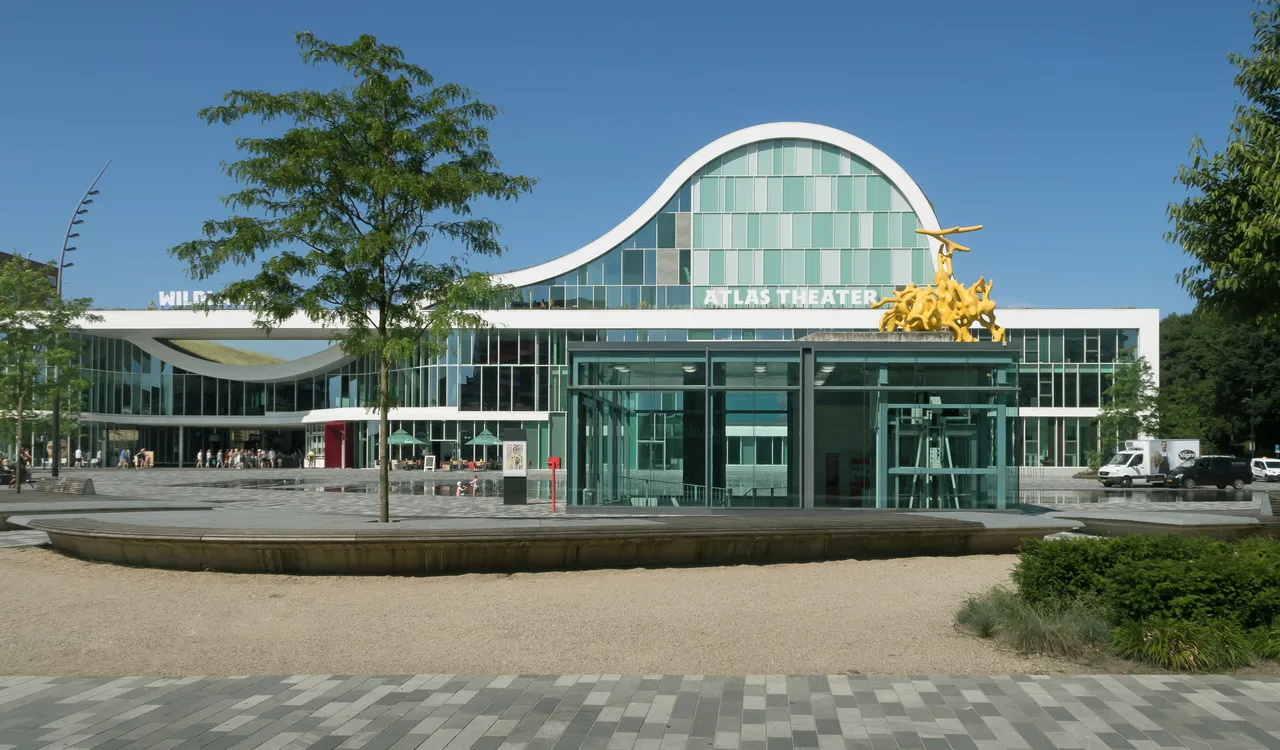
Roasters in Emmen
No roasters have been found yet.
Districts in Emmen
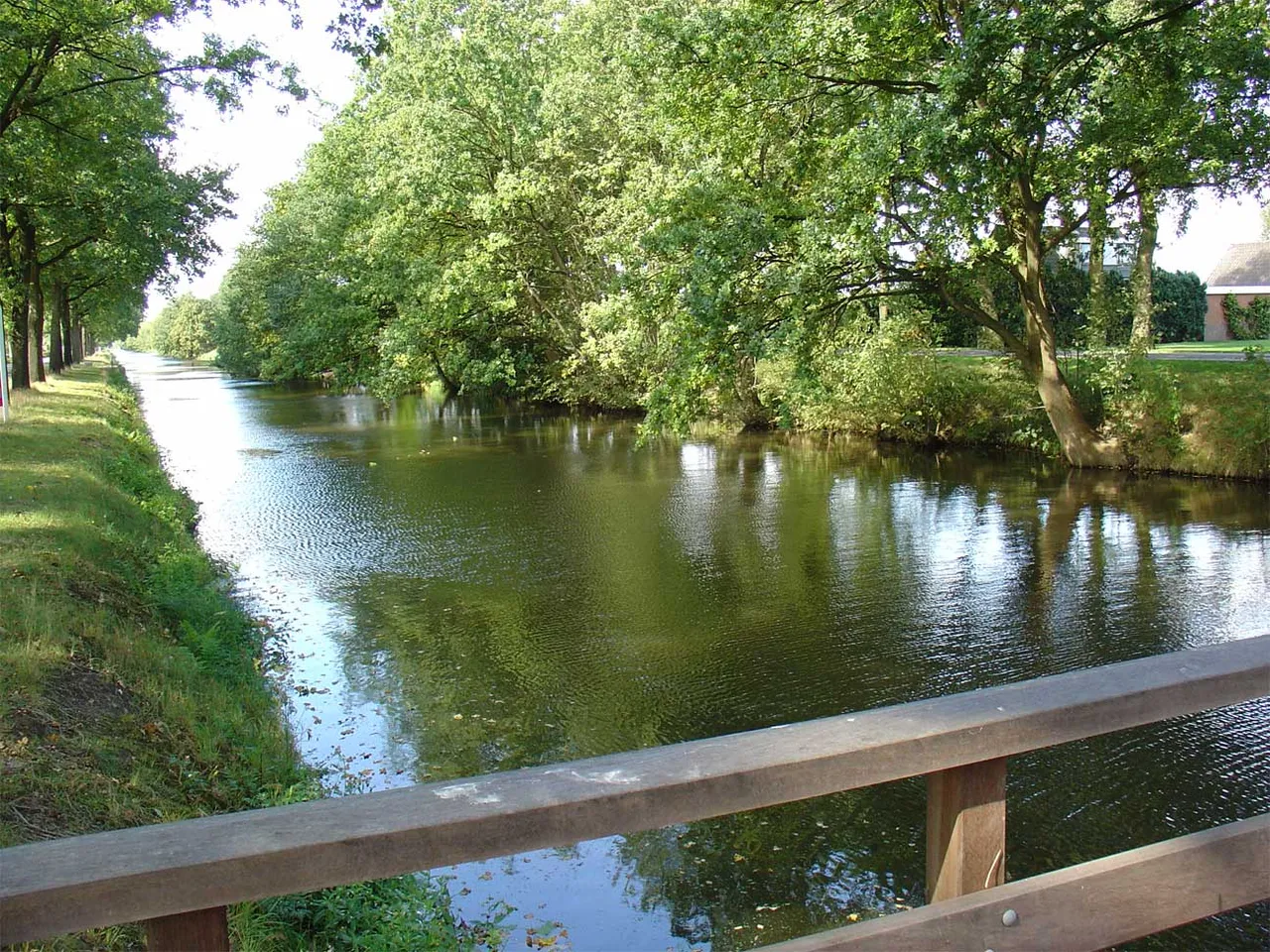
Zwartemeer
Zwartemeer kent een nuchtere koffiecultuur zonder specialtybar. Dorpscafés, theetuin en Landgoed Zwartemeer dragen het ritme, met pieken in weekenden en carnaval. Een herlancering van Café Kamerling staat gepland.

Emmer-Compascuum
Profiel van de koffiecultuur in Emmer-Compascuum, van veenkoloniale cafés tot huidige adressen, markten en buurthuizen. Focus op praktische koffie, oudere demografie, duurzaamheid en kansen nabij Marktplein en Hoofdkanaal.
Bargermeer
Bargermeer in Emmen kent een werkgedreven koffiecultuur met Drents Bakkie, Urban GRND en campusrestaurants. Pieken liggen rond 08:30-10:00 en 12:00-13:30. Netwerken gebeurt vaak tussen 09:00-11:00, met duurzame initiatieven op het terrein.
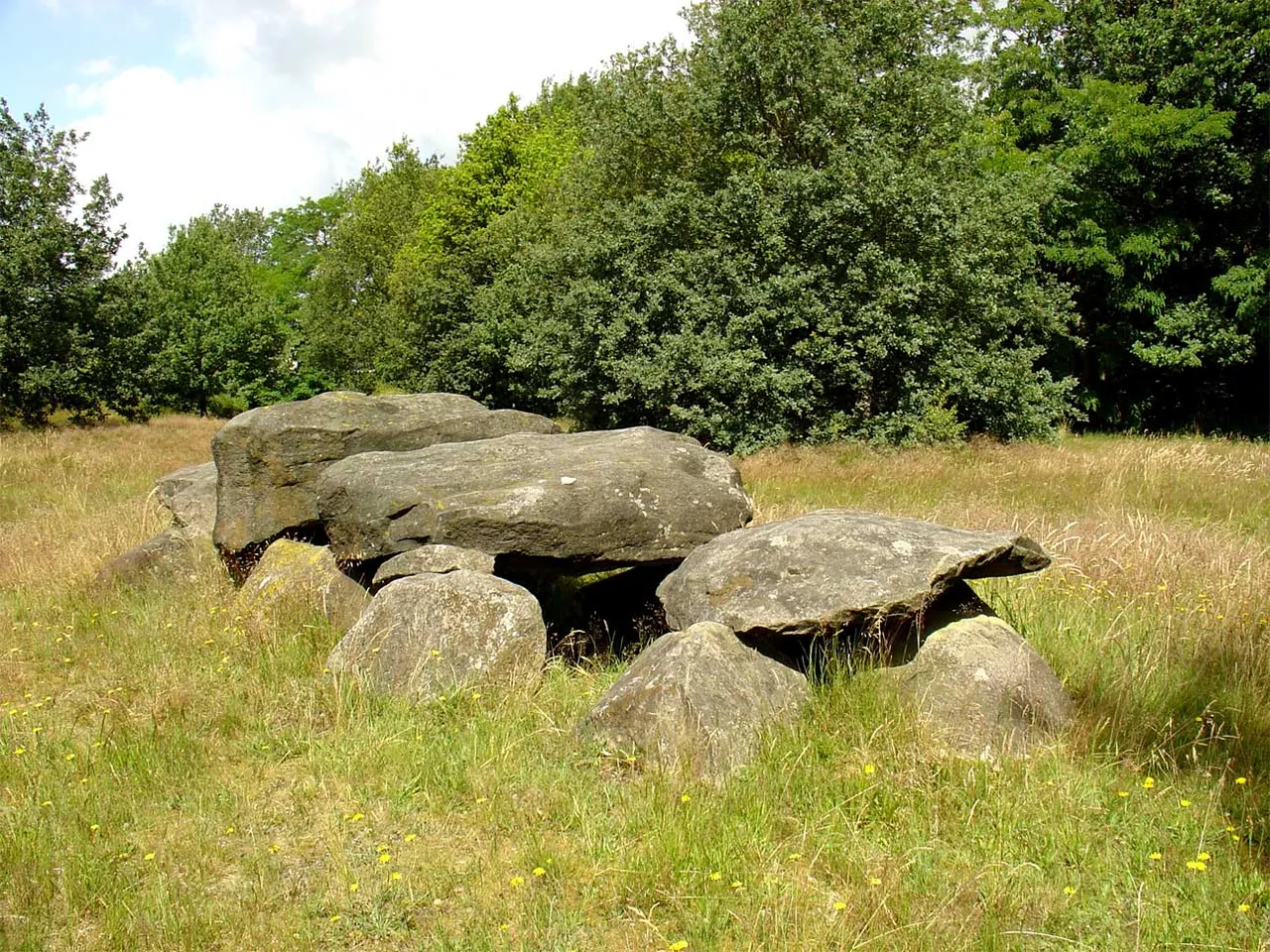
Emmermeer
Emmermeer heeft een nuchtere koffiescène rond bakkerij en snackbar. Piekmomenten liggen in de ochtend en vroege middag, specialtykoffie vindbaar in Emmen Centrum, terwijl buurtactiviteiten koffie als laagdrempelig ontmoetingsritueel benutten.
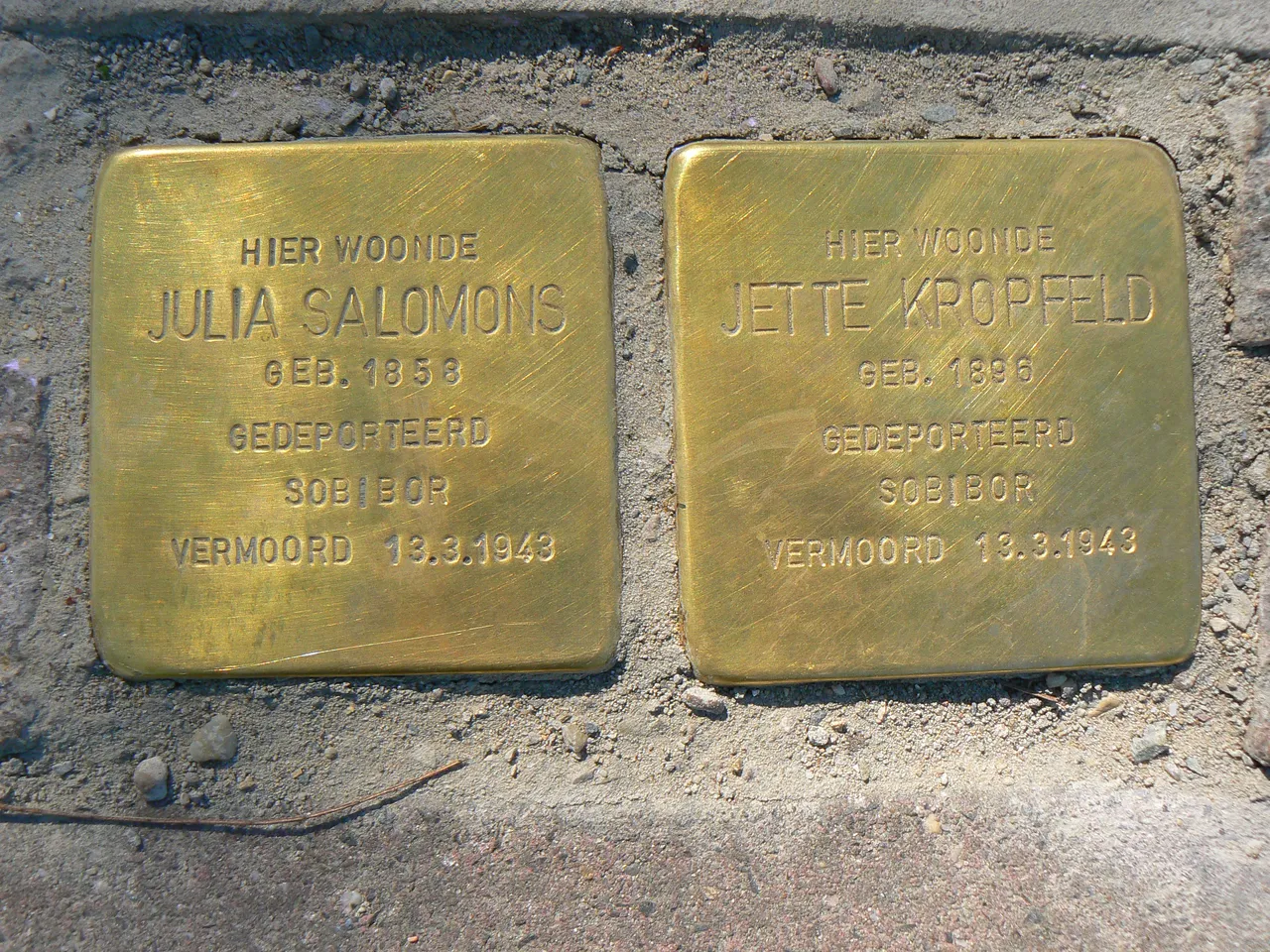
Roswinkel
Roswinkel draait om dorpskoffie als sociale infrastructuur: koffie bij verenigingen, dorpshuis en events, met ochtendpiek, filter als standaard en voorspelbare openingstijden. Kansen liggen bij eenvoudige menu’s, clubmomenten en betrouwbare service.
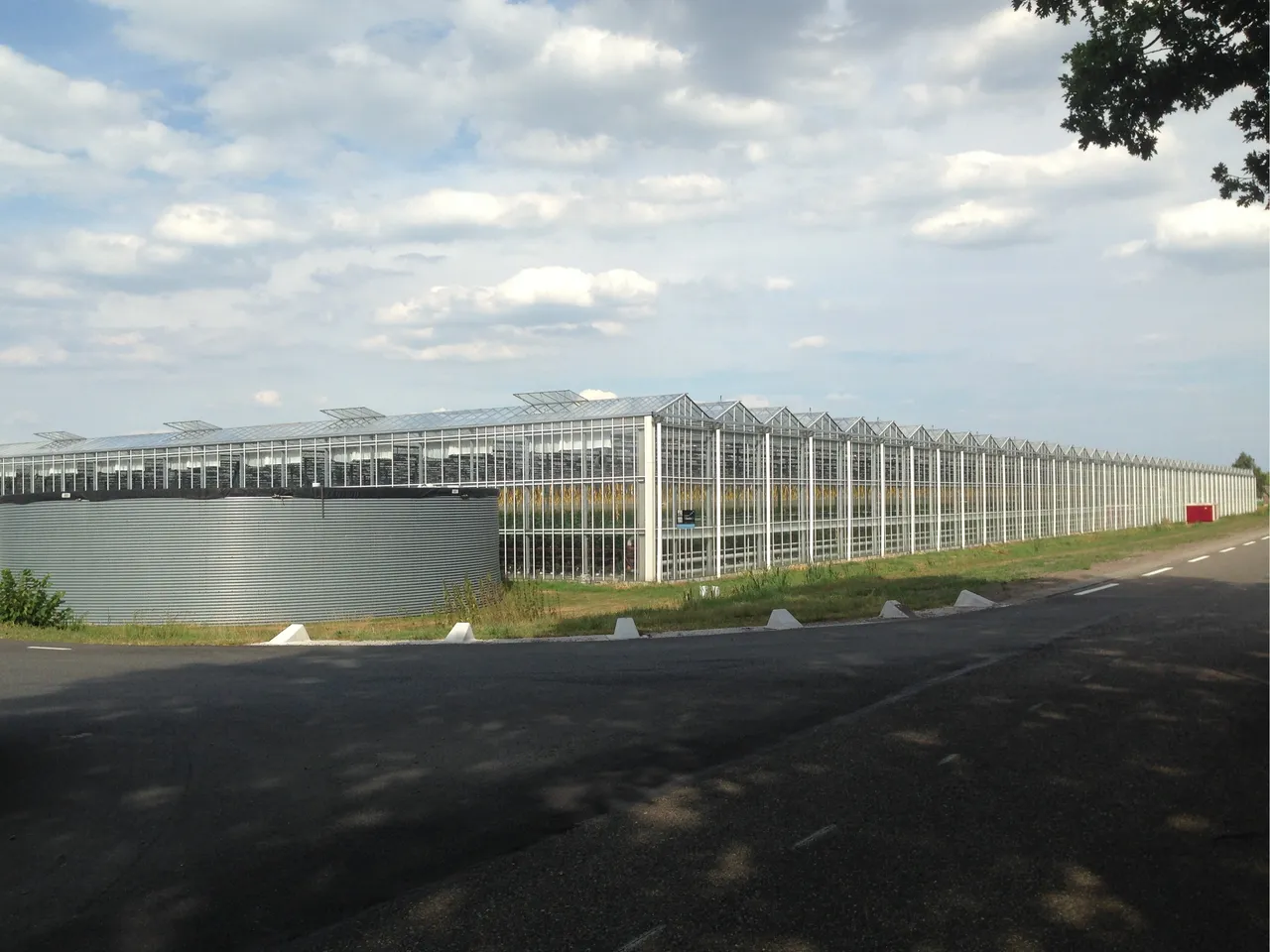
Erica
Erica’s koffiescène is nuchter en dorps. Havenstraat, bakker, museum en HK Koffiemachines met de Erica Blend dragen de dag, terwijl voor specialtykoffie vaak naar Emmen wordt uitgeweken.
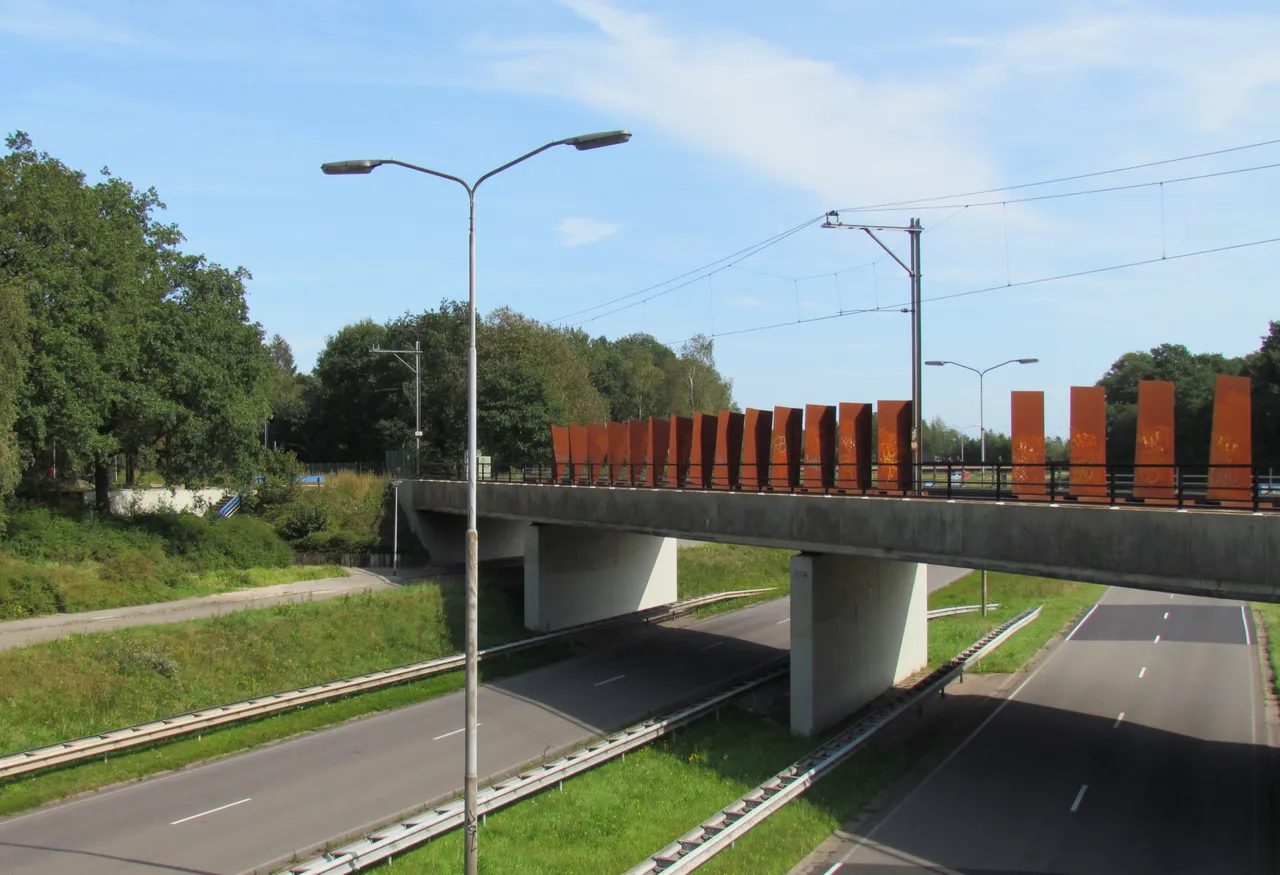
Bargeres
In Bargeres draait koffie om buurt en toegankelijkheid. Koffiemomenten bij ’t Brinkenhoes, De Opgang en Holtingerhof vormen het sociale weefsel, met lage prijzen en vaste tijden, terwijl specialty vooral in Emmen-centrum wordt gezocht.
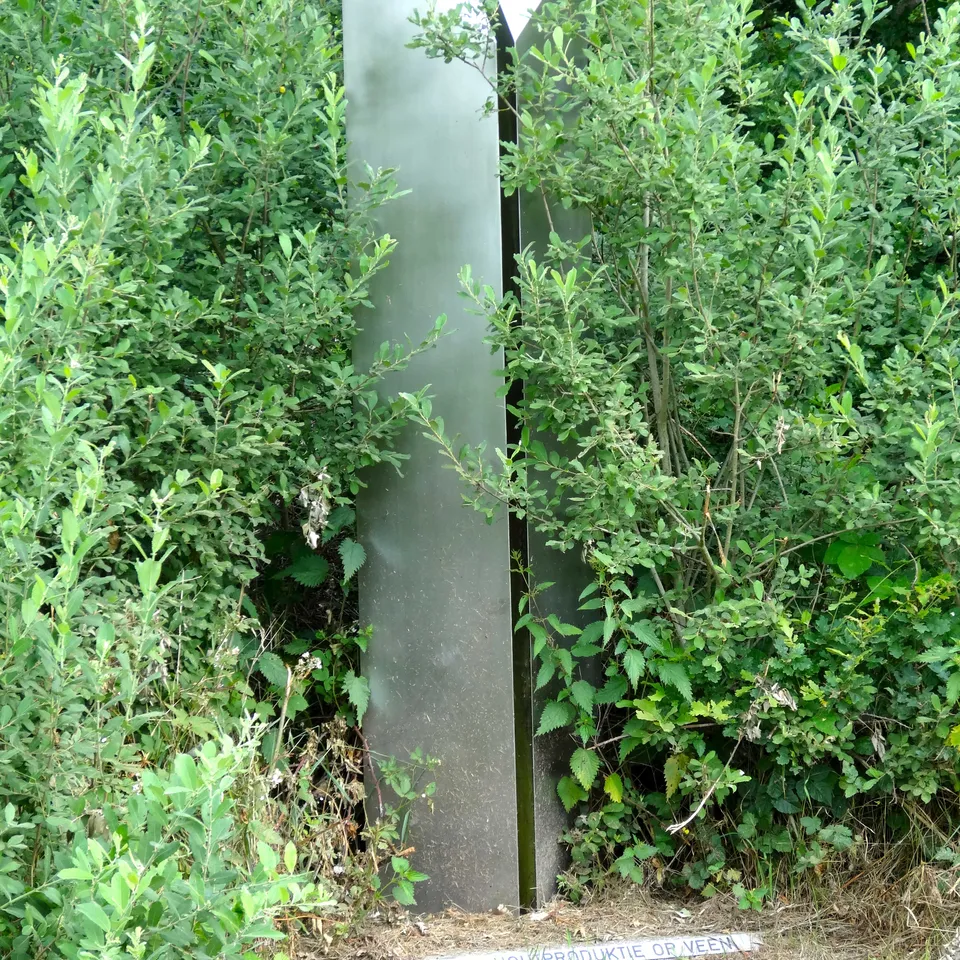
Nieuw-Dordrecht
Nieuw-Dordrecht leeft van cultuur plus koffie: museumbrasserie, Oosterbos-paviljoen en dorpshuis trekken de koffiestroom. Kleinschalig, sociaal en functioneel; specialtykoffiebars ontbreken, maar koffiemomenten liggen dicht bij bos en dorpskern.

Weiteveen
Weiteveen biedt een bescheiden, natuurgerichte koffiecultuur rond Bargerveen. Koffiestops liggen bij Wollegras en het Veenloopcentrum, met piekmomenten rond wandel- en fietsroutes en comfortklassiekers als koffie met koek.

Angelslo
Angelslo is een planwijk uit de jaren zestig waar koffie vooral bij het winkelcentrum langs de Statenweg wordt gedronken. Geen specialtybar, wel Café Fleur, Oase en Euro Snack, met drukte rond late ochtend en vroege middag.
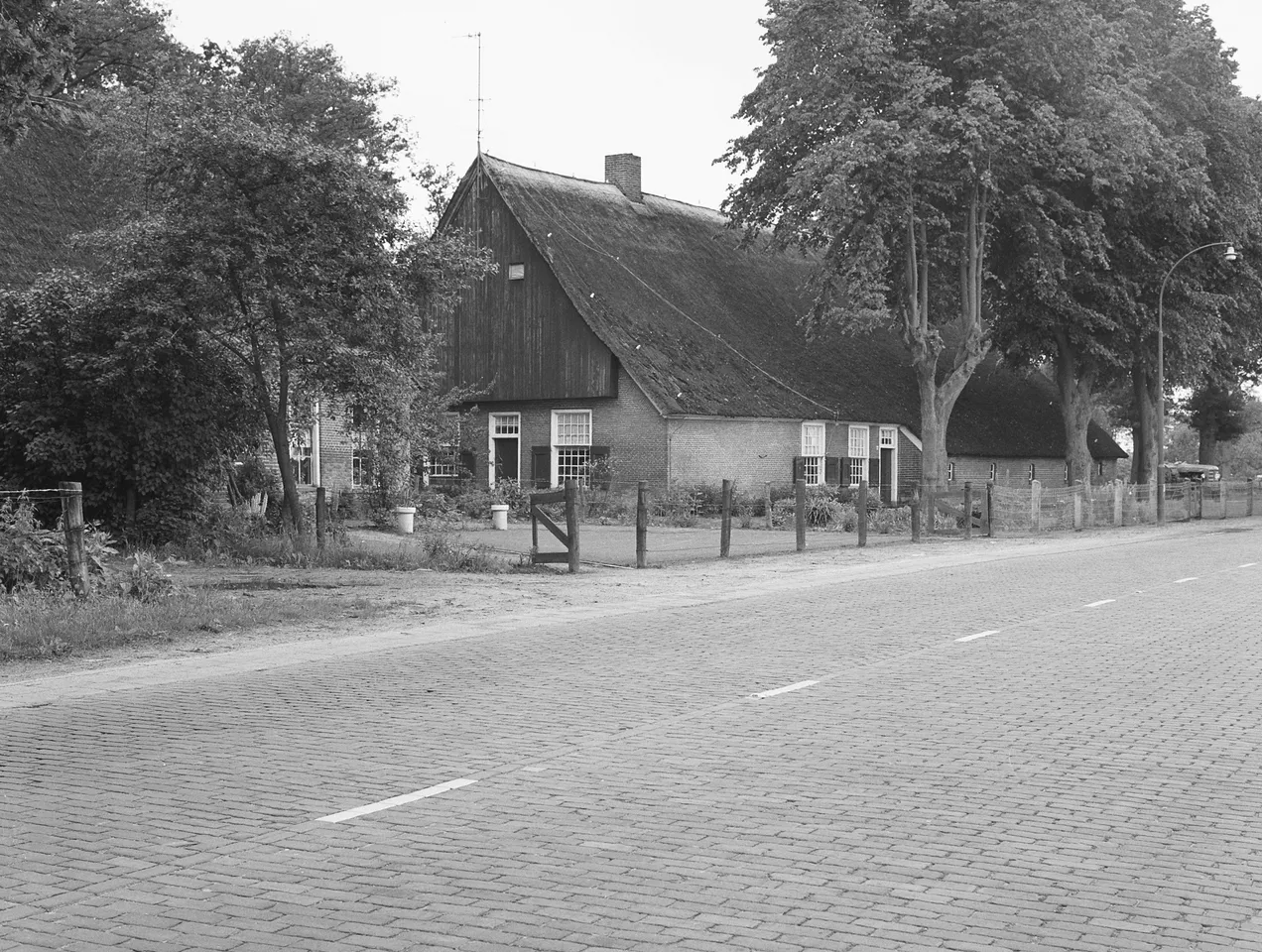
Weerdinge
Weerdinge heeft geen specialty bar, maar schenkt koffie rond dorpsactiviteiten. Dorpshuis en Flanagan’s zijn de vaste punten, met pop-up avonden. Voor meer keuze wijkt het publiek uit naar Emmen.
Delftlanden
De wijk Delftlanden kent nog geen vaste koffiebar. Met forenzenstromen, gezinsprofiel en een geplande centrumkavel aan de Zandzoom ontstaan kansen. Focus op spitsuren, kindvriendelijke service en circulaire praktijken loont.
Zuidbarge
Zuidbarge koestert een kleinschalige koffiescène rond Gasterij, dorpshuis en Molen Zeldenrust. Koffie verschijnt vooral bij bijeenkomsten en erfgoeddagen, voor specialty wijkt men uit naar Emmen Centrum.

Parc Sandur
Parc Sandur heeft een resortgedreven koffiescène rond het centrale plein en de Rietplas, met terrassen bij The Beach House, Central Garden en het golfpaviljoen. Geen specialty bars in de wijk, wel sterke duurzaamheidscertificaten.
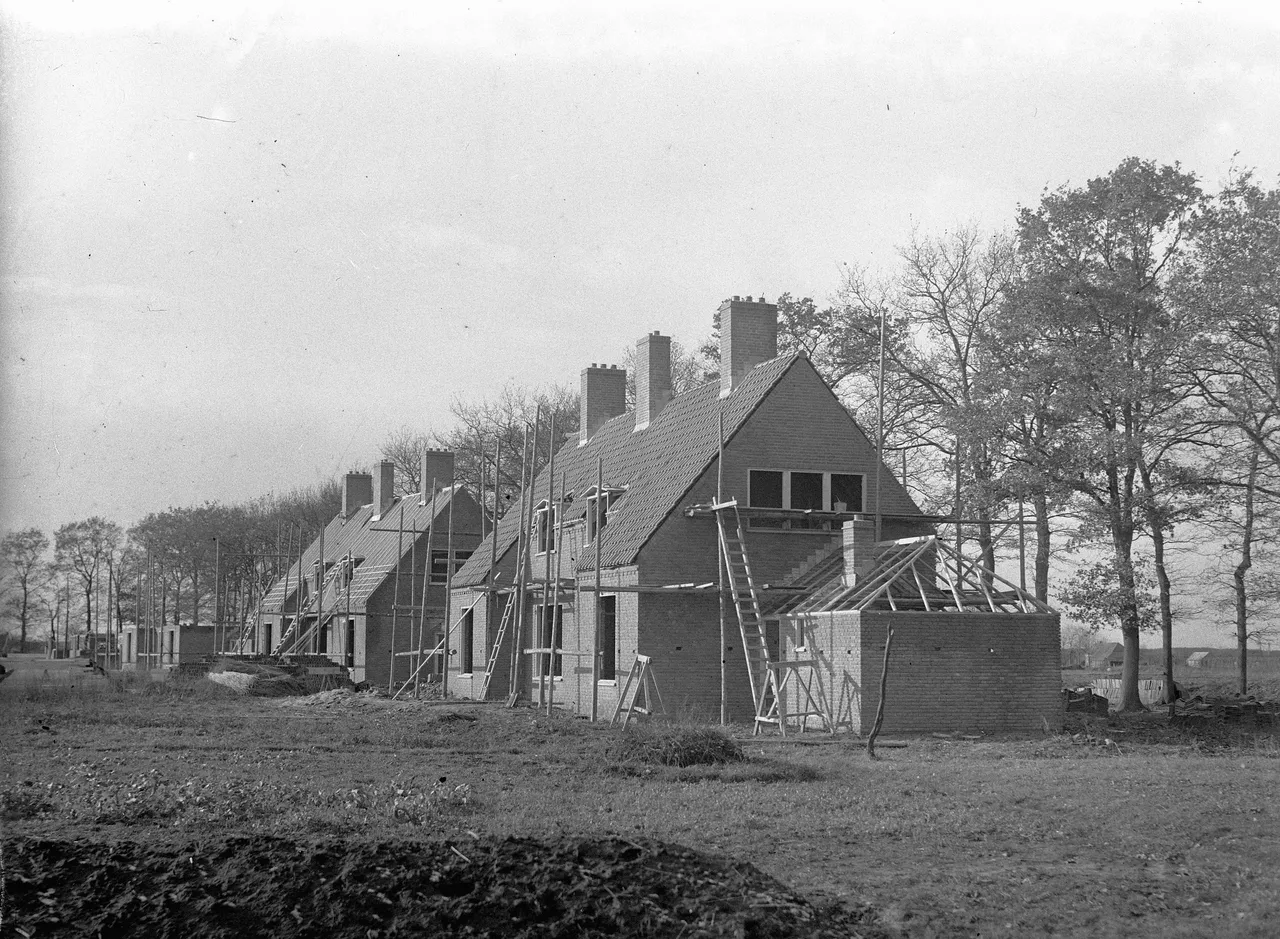
Nieuw-Amsterdam
Nieuw-Amsterdam heeft een kanaalgerichte, dorps koffiecultuur. Bruine cafés en lunchrooms domineren; geen third-wave of microbrander, wel kans voor één specialty en zichtbare circulariteit via regionale partners zoals Drents Bakkie.
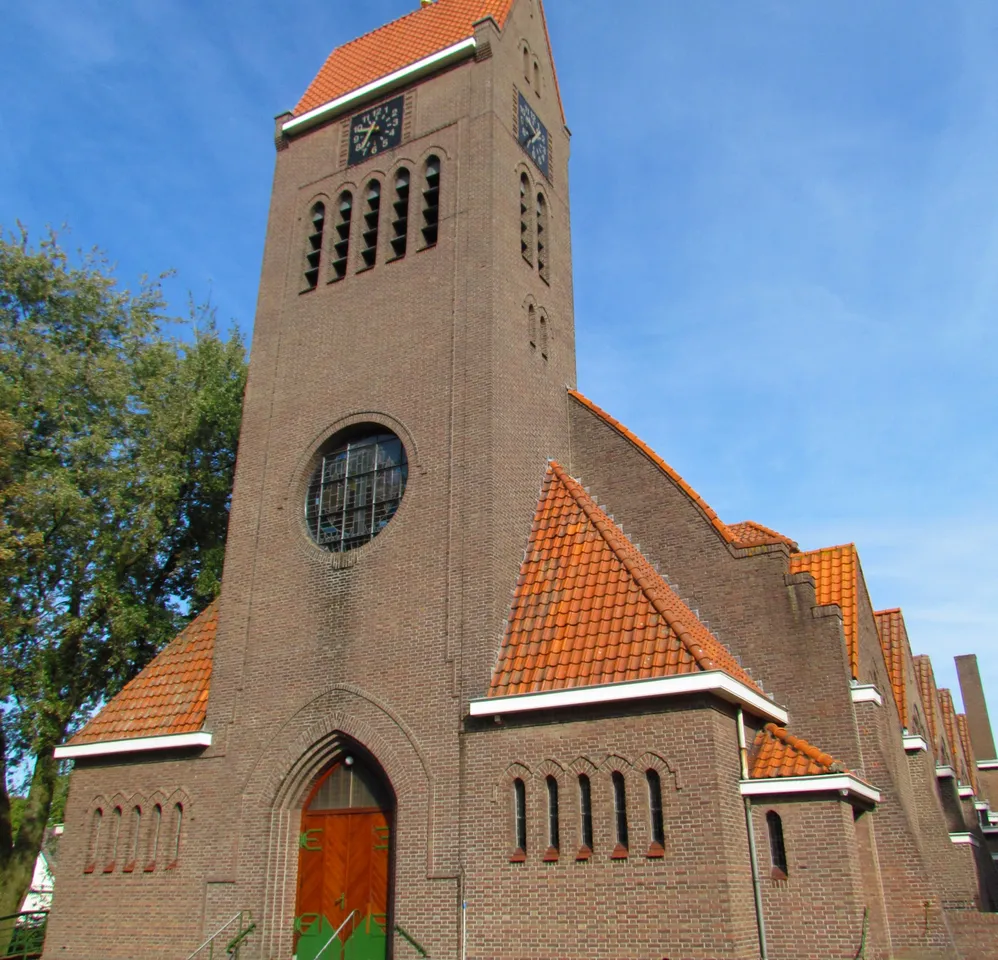
Barger-Compascuum
Erfgoed en familie bepalen de koffiescène in Barger-Compascuum. Veenpark, kleine horeca en eventdagen zoals Compascumer Dagen sturen de vraag; klassiekers en rustige zitmomenten staan centraal.
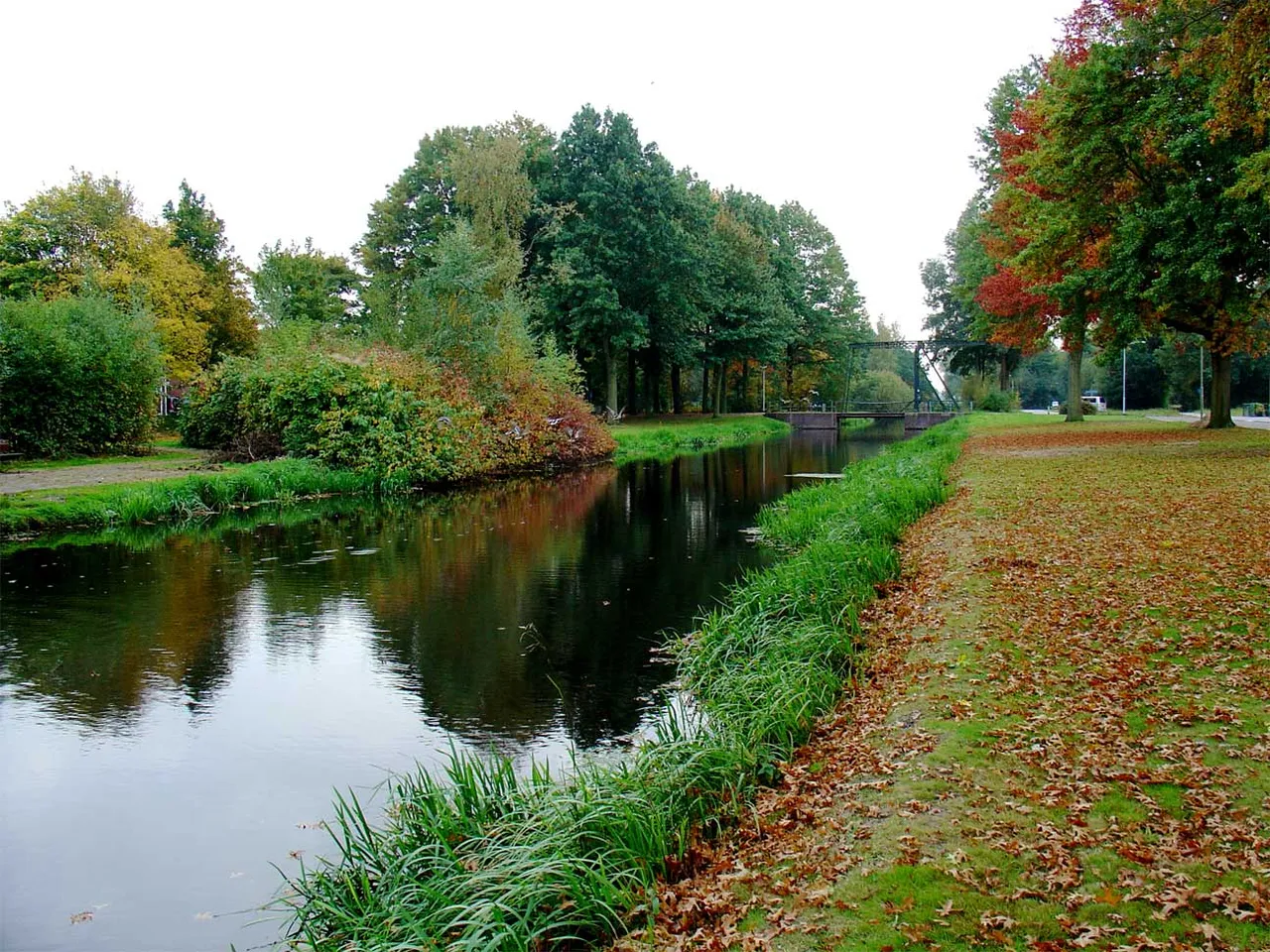
Klazienaveen
Klazienaveen kent een nuchtere koffiecultuur langs het kanaal. Barista Cafe (geopend 9 december 2025) fungeert als nieuw middelpunt, met pieken rond zaterdagmarkt en schooluitstroom, en aandacht voor hergebruik en GFT-scheiding.
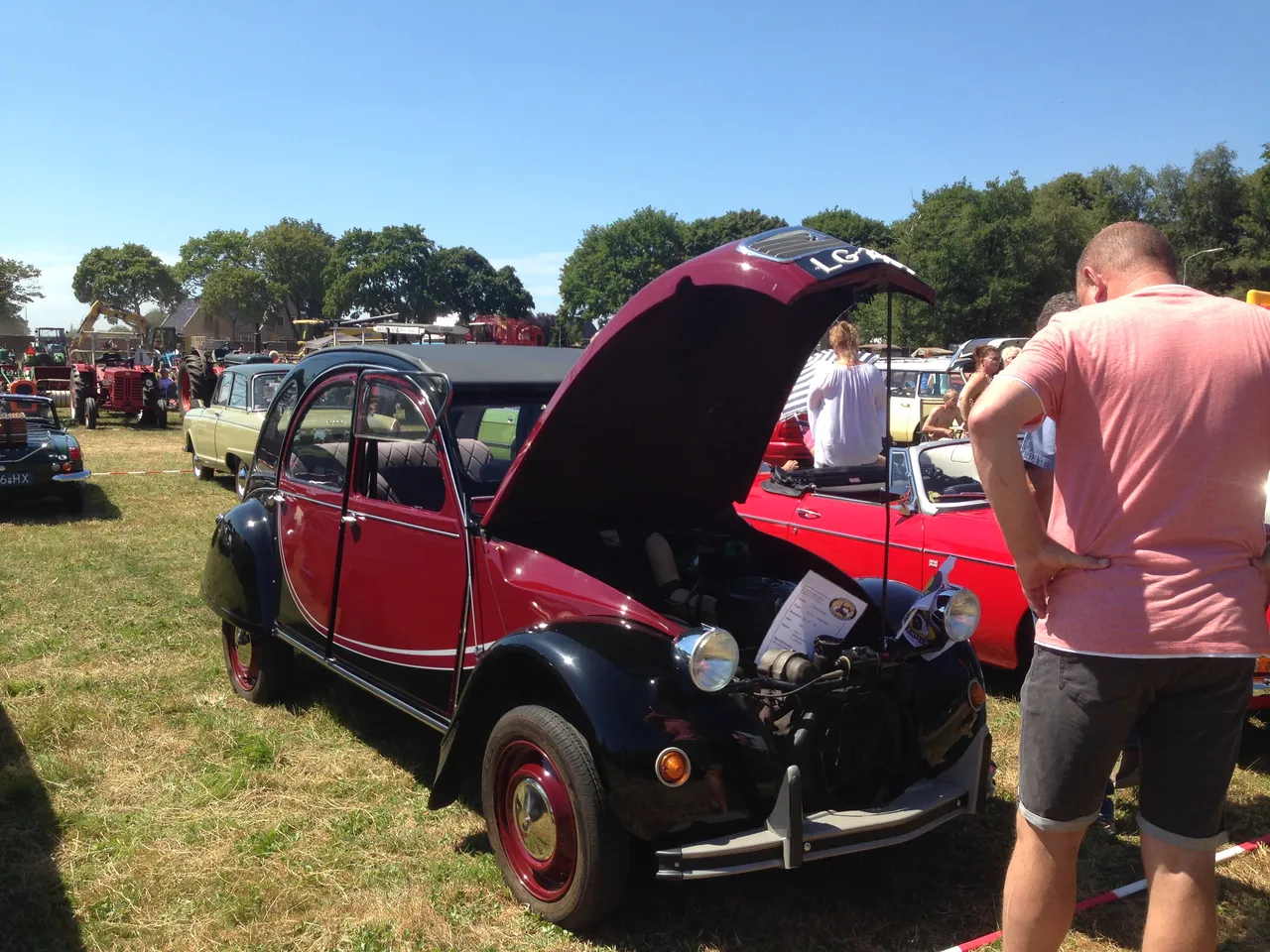
Barger-Oosterveld
Barger-Oosterveld heeft een nuchtere koffiecultuur rond dorpshuis, zalencentra en Meerdijk. Vaste koffiemomenten, kerk en stadiondagen sturen de pieken, met ruimte voor duurzaamheid zoals koffiedik inzamelen.
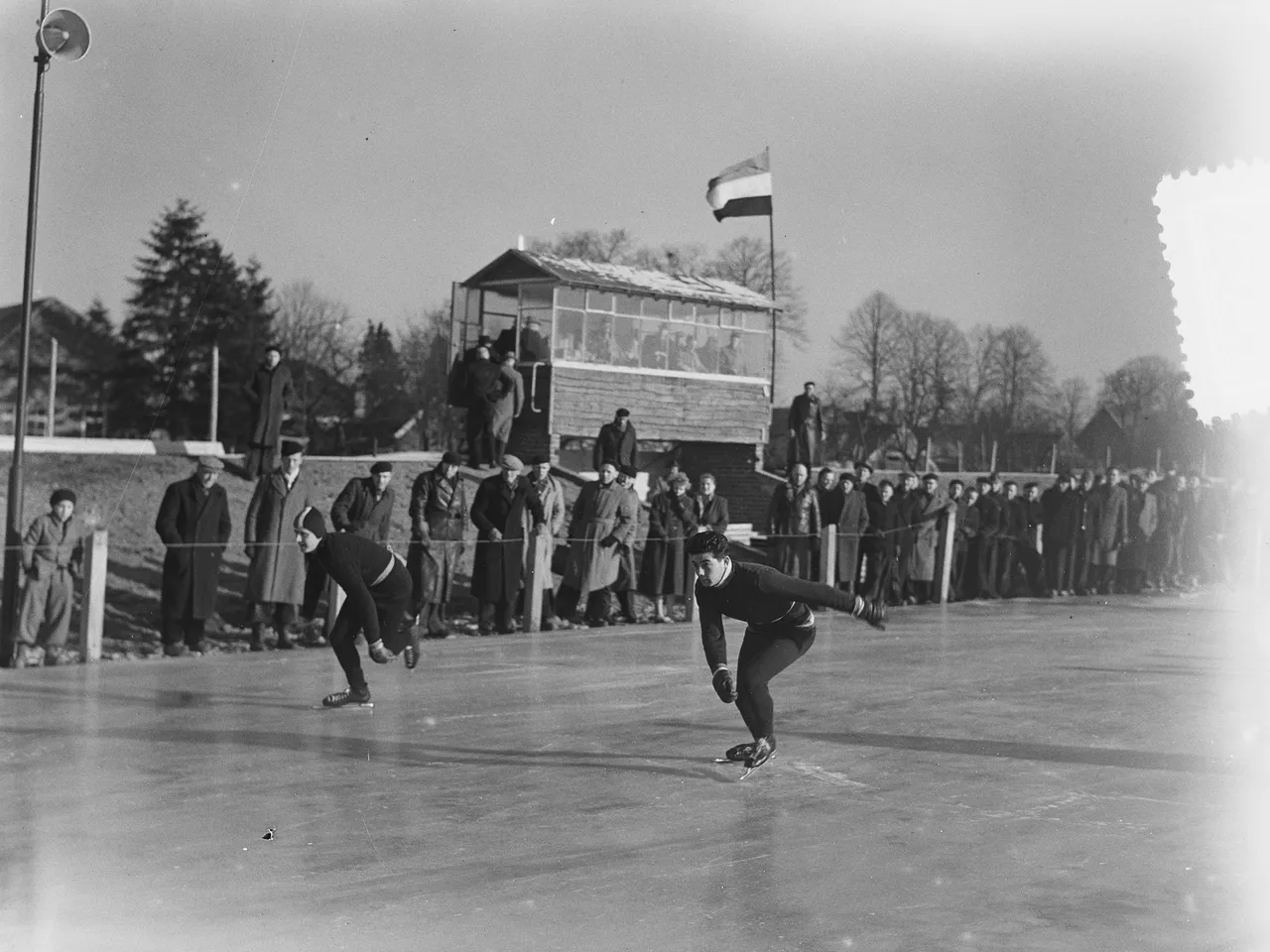
Veenoord
Koffie in Veenoord draait om erfgoedbezoek, community-ochtenden en momenten na het diner. Weinig specialty, maar kansen rond Van Gogh Huis en molen Nooitgedacht, met focus op bereikbaarheid, vertrouwde smaken en samenwerking met Drents Bakkie.
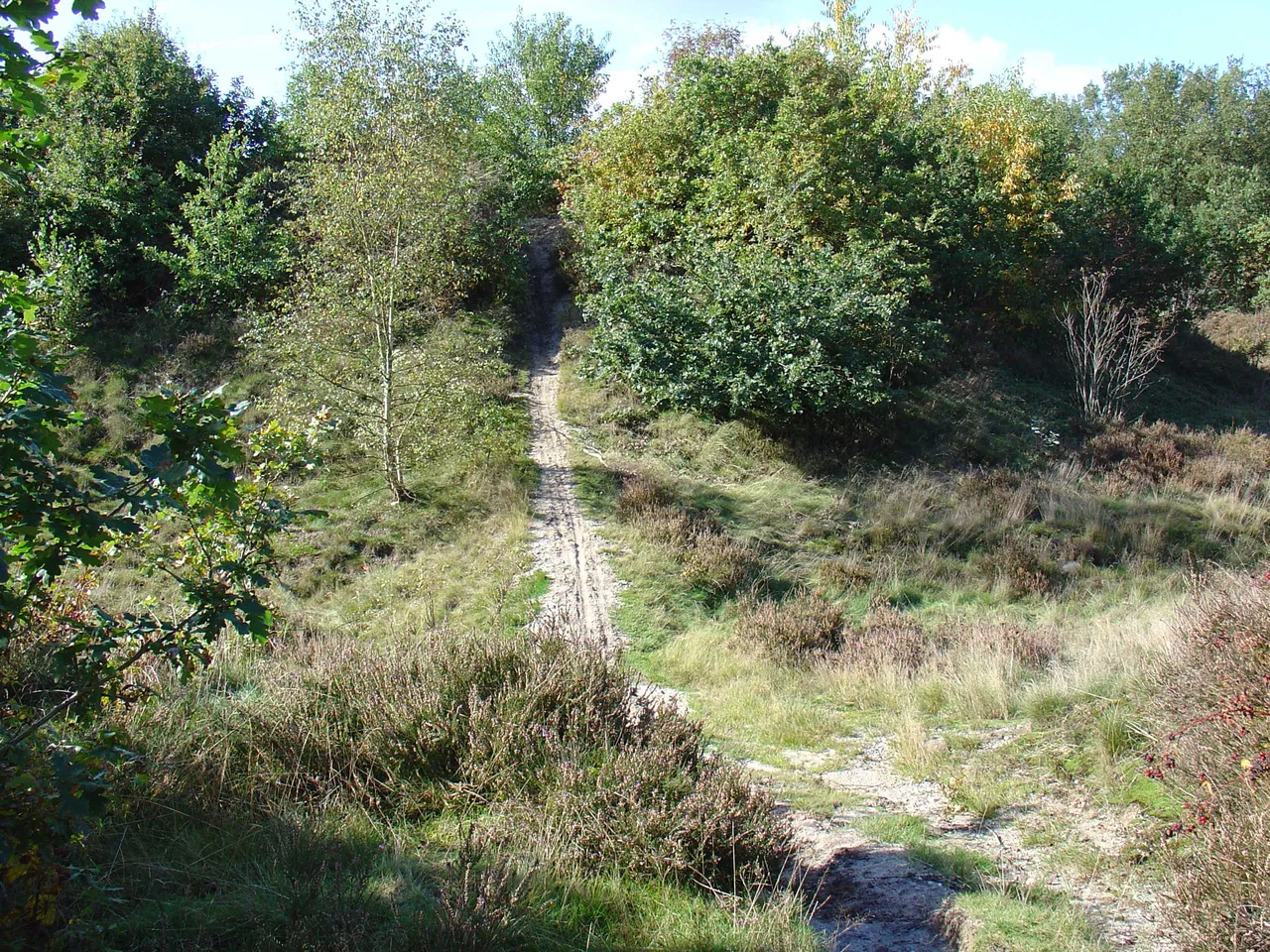
Emmerschans
Emmerschans kent een buurtgerichte koffiecultuur zonder microbranders of hippe caféstrip. Koffie wordt vooral gedronken bij De Schans, Cafetaria De Boslaan en Happy Dinner, met focus op nabijheid, dagdeel en sociale ontmoeting.
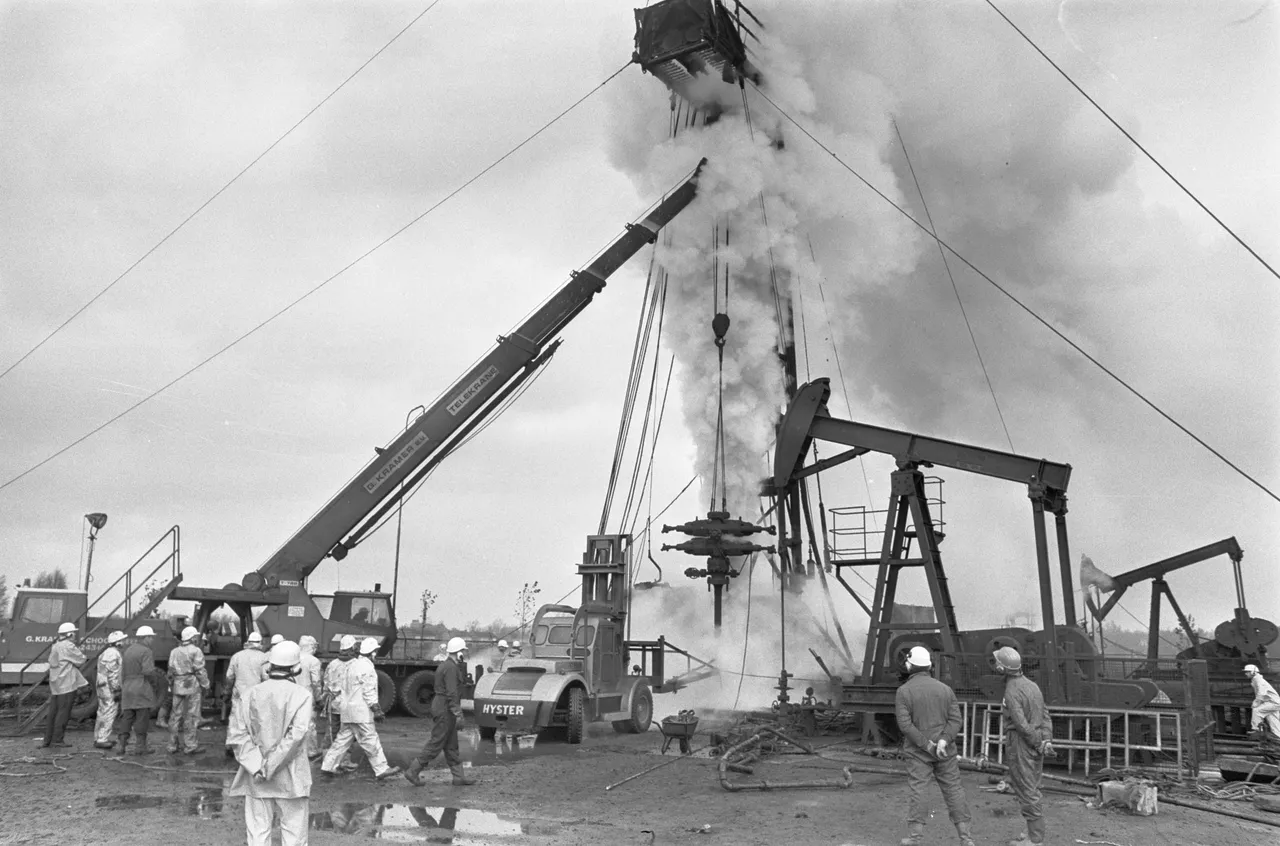
Schoonebeek
Schoonebeek heeft een dorpsgerichte koffiecultuur, gevormd door veen en olie. Cafés als Dorgelo en Turfcafé zijn sociale ankers, met koffieochtenden, lunch-tot-avonduren en specialtyopties in Emmen-centrum.

Nieuw-Weerdinge
Nieuw-Weerdinge kent een rustige, gemeenschapsgerichte koffiecultuur met ochtendpiek. Ankerplekken zijn De Badde, Café de Buurvrouw en Echte Bakker Roelof Bos, terwijl voor specialty opties vaak naar Emmen wordt uitgeweken.
Oud Allee
Oud Allee heeft een nuchtere, station-centrische koffiecultuur. Grand cafés en de NS StationsHuiskamer voorzien in het dagelijks ritme, terwijl specialtyzaken op loopafstand in het centrum liggen.
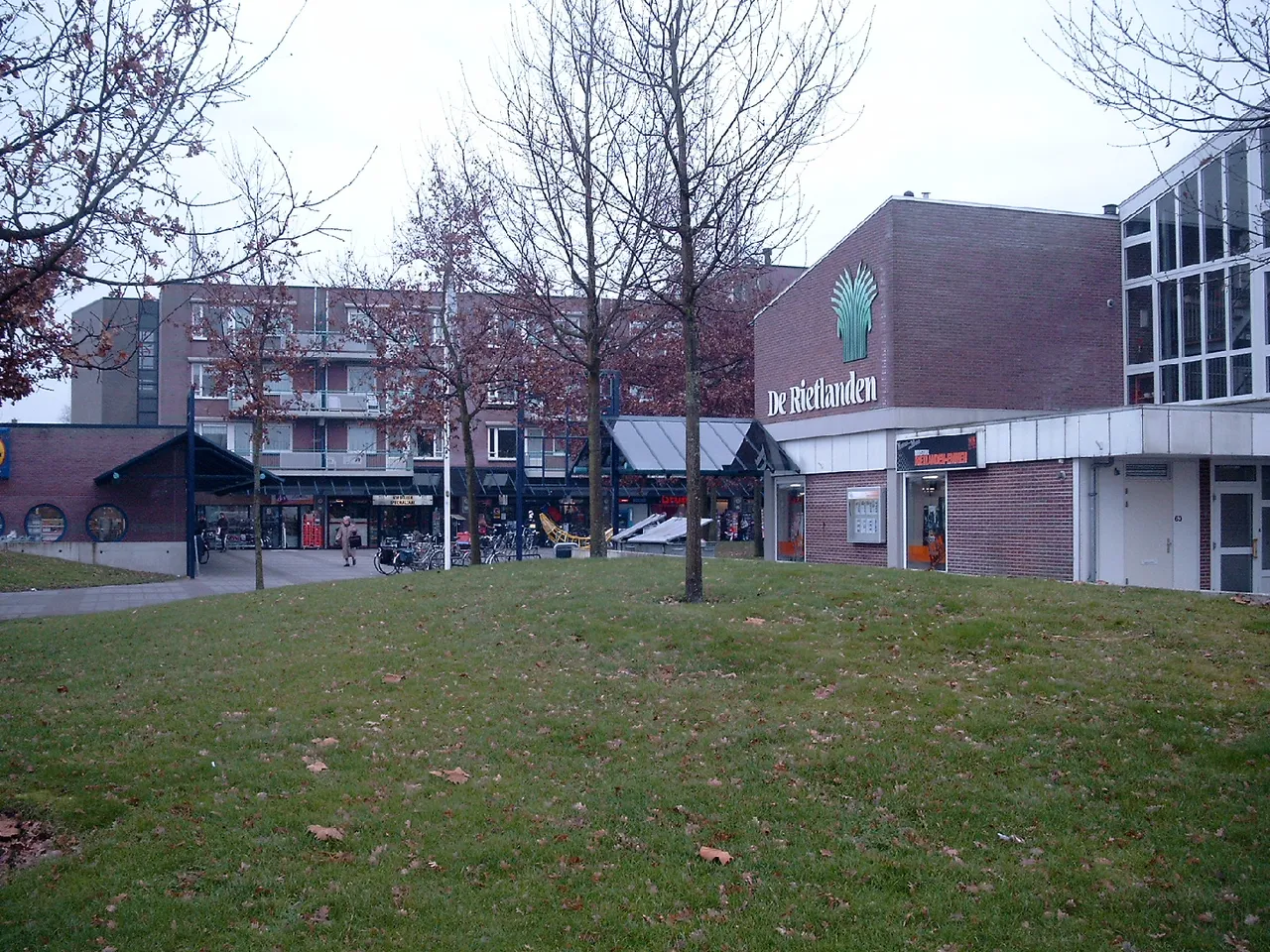
Rietlanden
Rietlanden is een gezinswijk in Emmen waar koffie vooral via bakker, supermarkt, snackbar, sportkantine en Valkenhof loopt, met pieken rond schooltijden en sport. Specialty bars ontbreken; de koffielus concentreert zich bij Valkenveld en Zwanenveld.
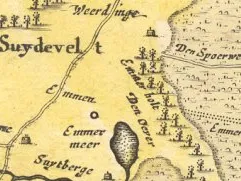
Emmerhout
Emmerhout heeft een snelle, buurtgerichte koffiecultuur rond de Houtweg. Korte koffiestops bij bakker en snackbar, terwijl specialty vooral in Emmen-Centrum wordt gezocht.
Noordbarge
Noordbarge kent kleinschalige, praktische koffie rond hotel, tuincentrum en dorpsactiviteiten; specialty is nabij in Emmen-Centrum. Piekmomenten liggen bij Stoetbakken en schoolpauzes; Drents Bakkie biedt circulaire haakjes.
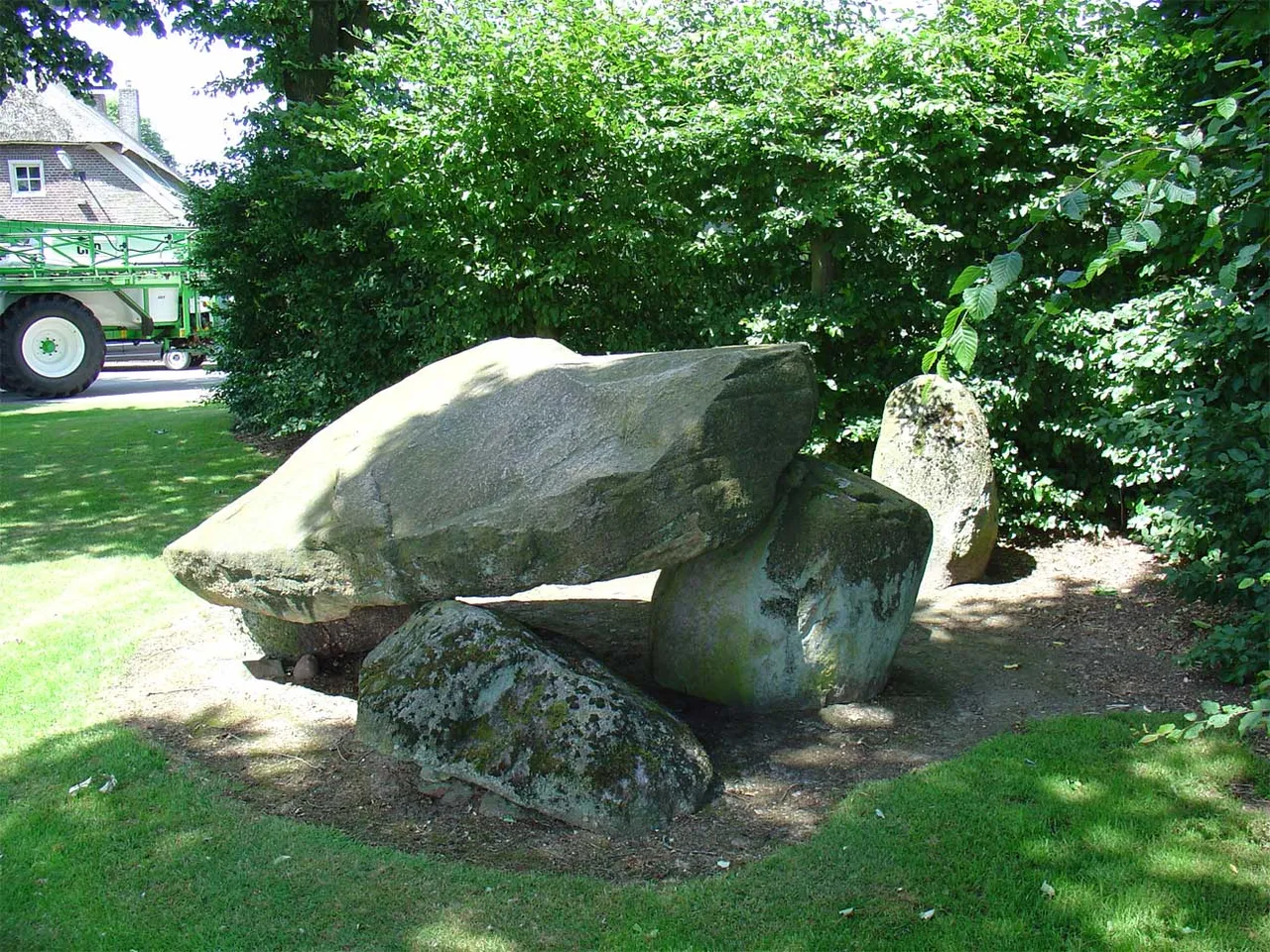
Westenesch
Westenesch heeft geen specialty koffiebars, koffie speelt vooral een sociale rol bij de manege, BnB’s en dorpsactiviteiten. Voor derde golf ervaringen wijkt men uit naar Emmen, met focus lokaal op efficiëntie en duurzaamheid.
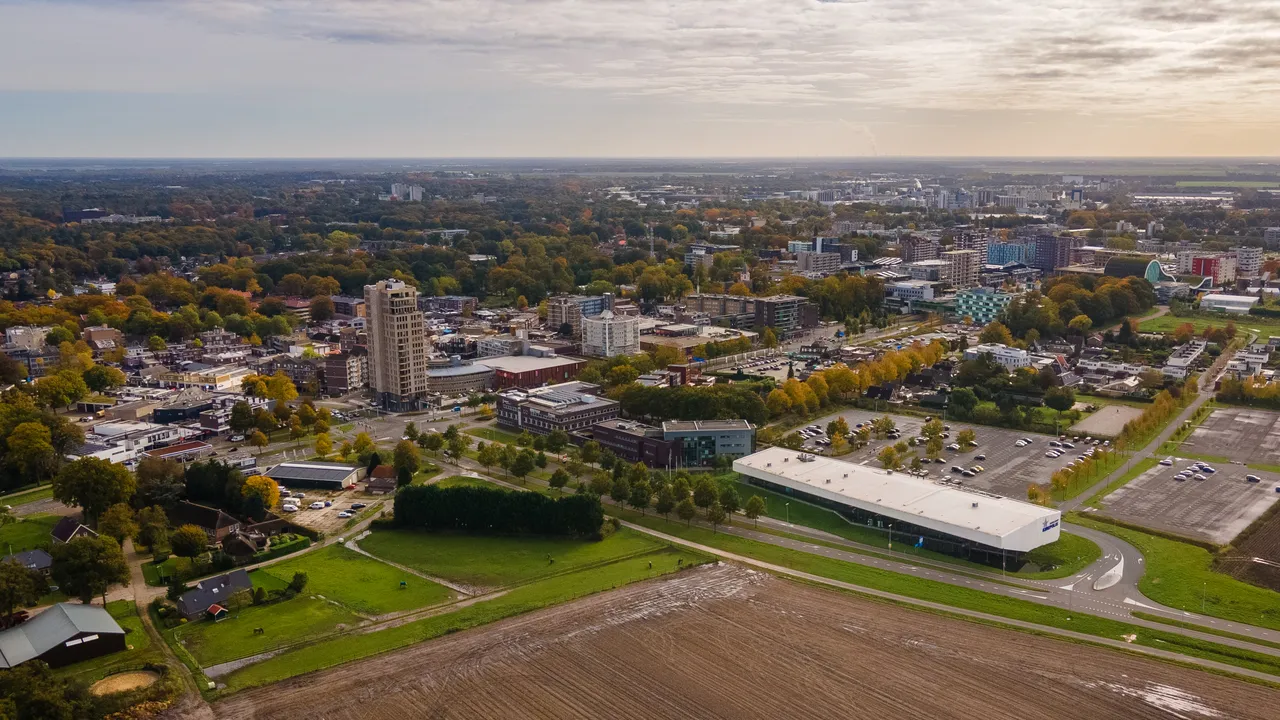
City Centre
Emmen Center combines the Drenthe coffee table tradition with trendy single-origin espresso. Local roaster Drents Bakkie and cafés such as De Koffiepot and Koffiehuis Emmen showcase latte art, fair-trade beans, social impact, and affordable prices for every generation, including compost projects and events.
